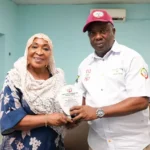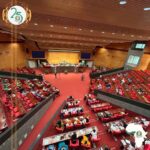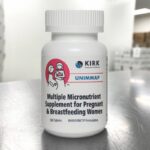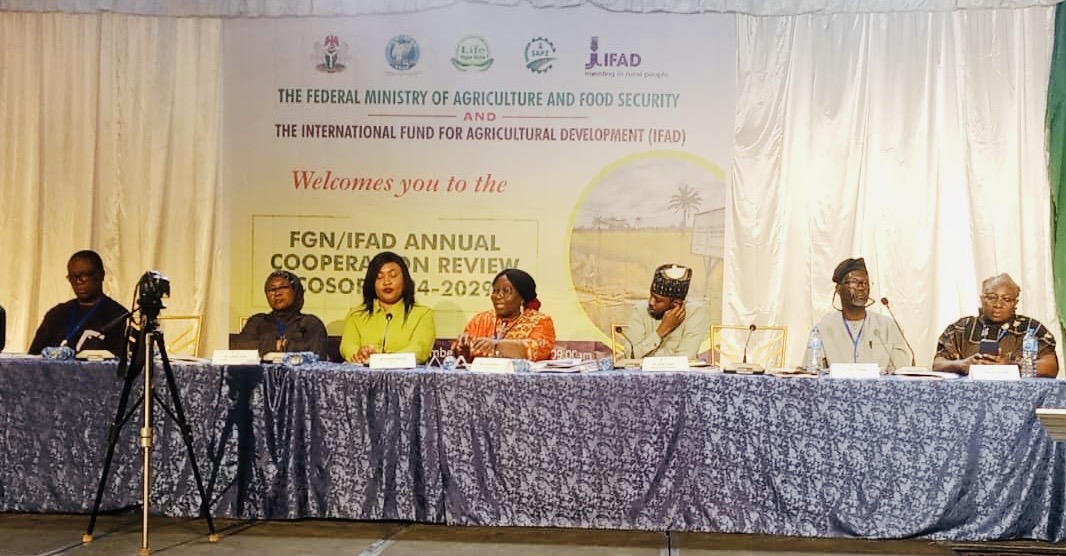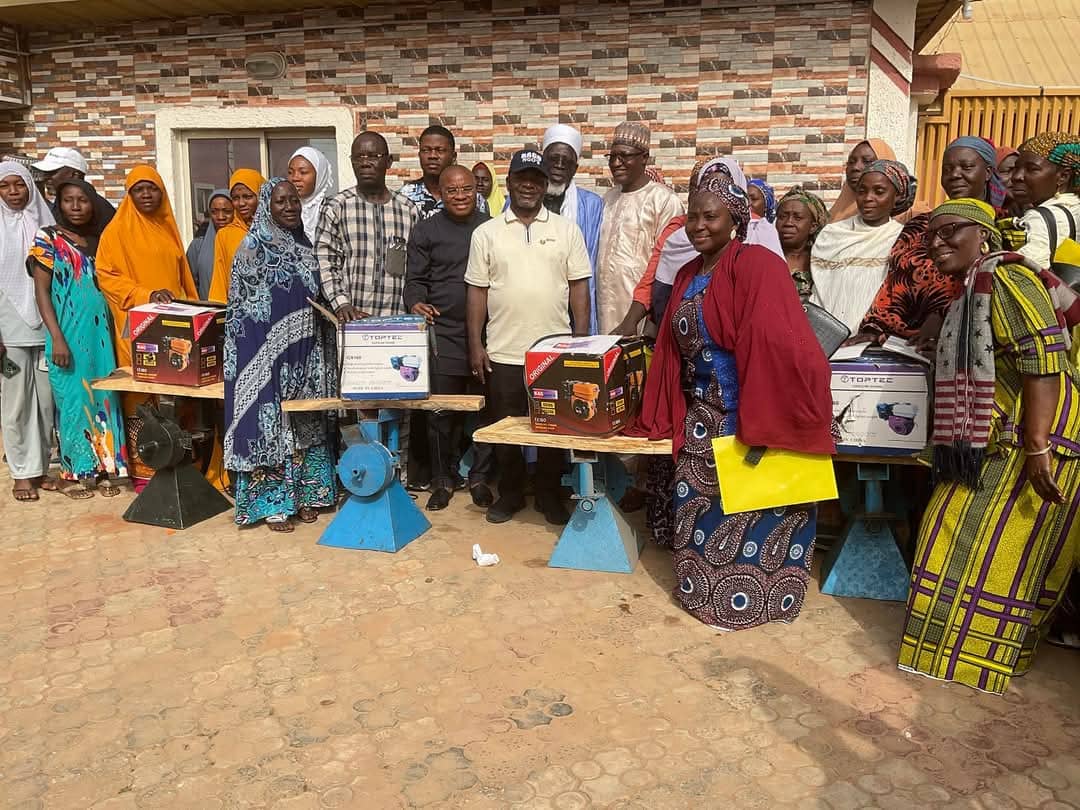We expect bumper wheat harvest – Agric minister
By Salif Atojoko The Minister of Agriculture and Food Security, Sen. Abubakar Kyari, says wheat farmers are expecting bumper harvest this year as a result of support from the Federal Government. The minister said this at a media parley with State House correspondents on Tuesday. He said the expectation ofContinue Reading



